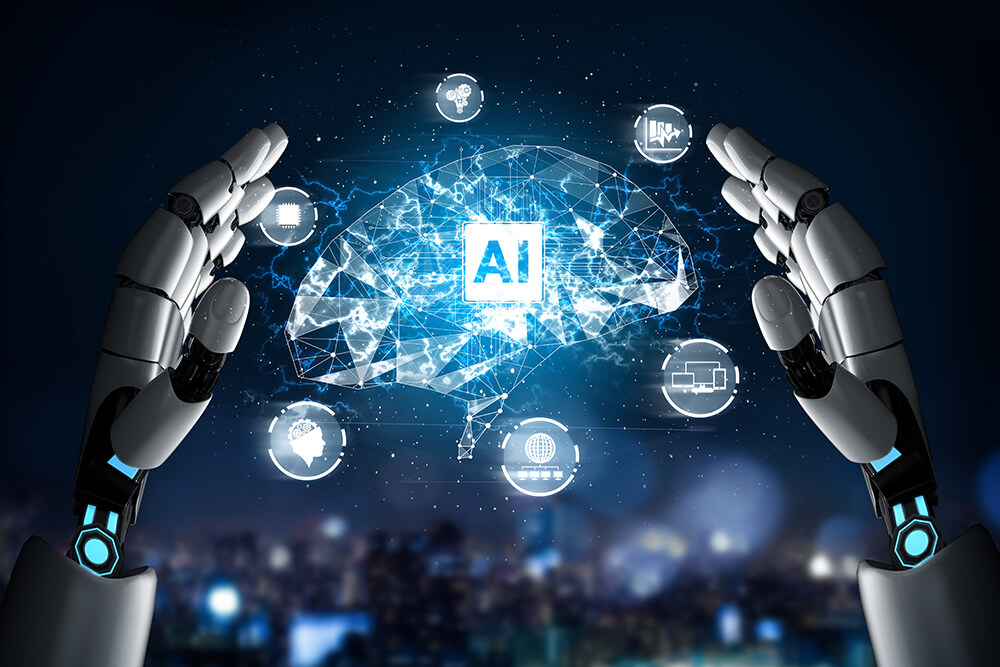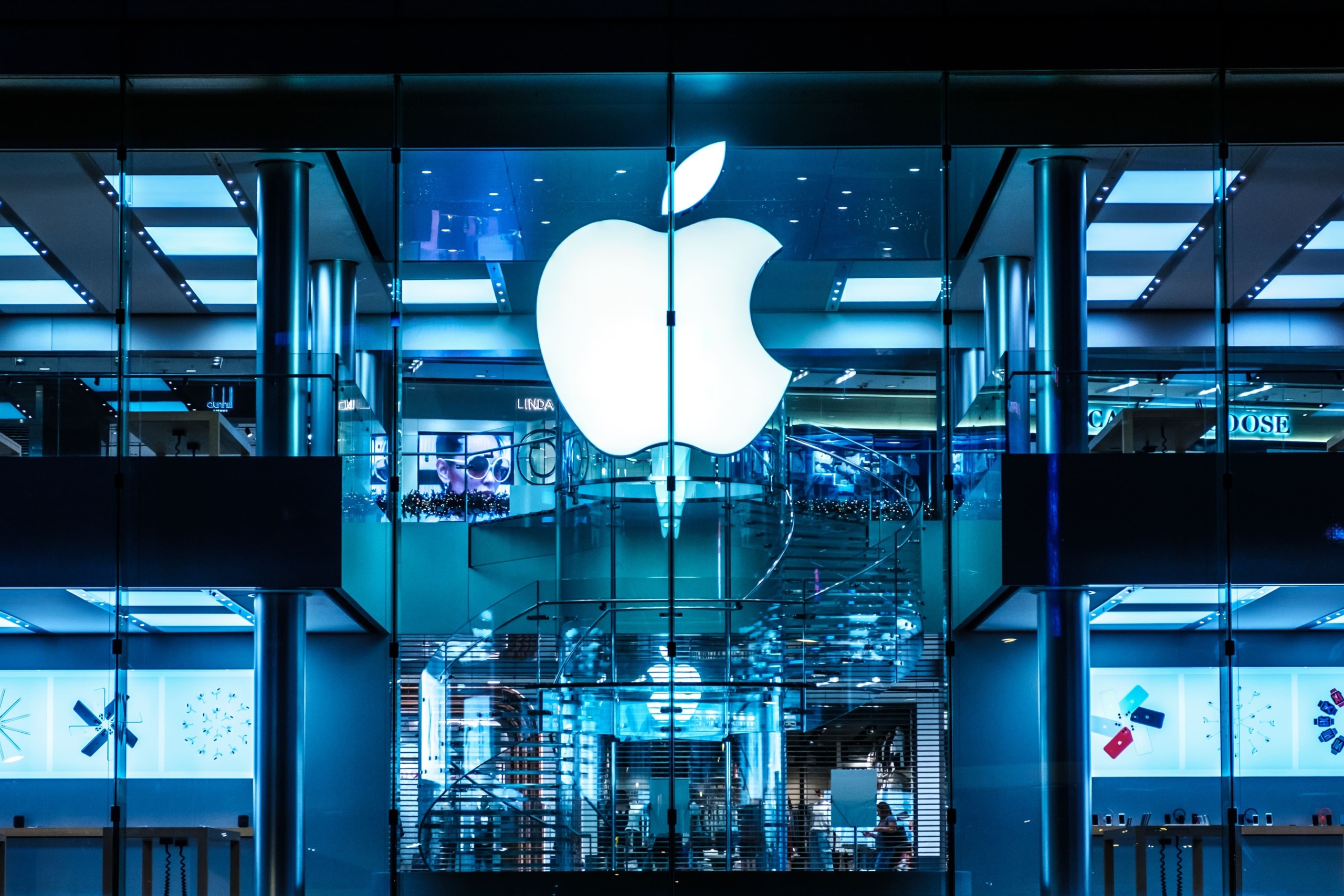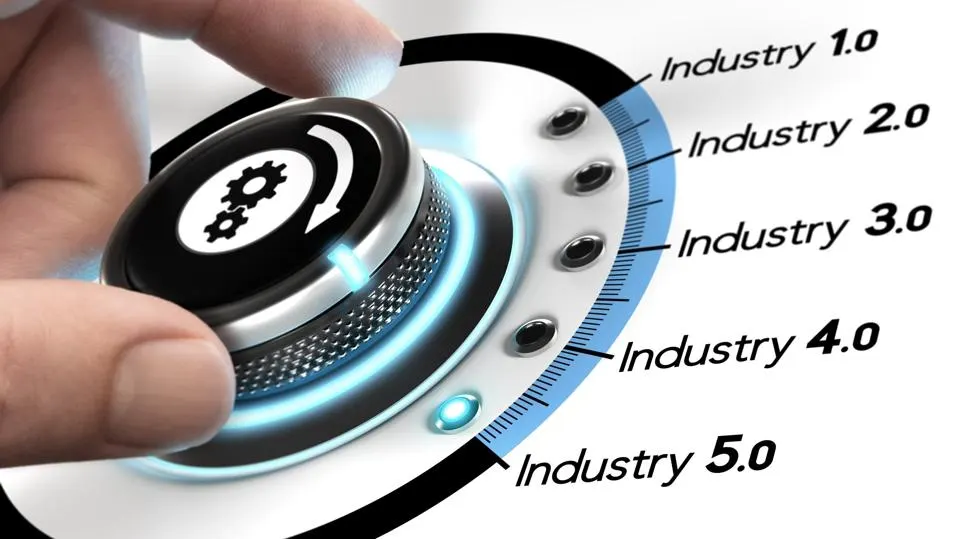3 Important Ways Artificial Intelligence Will Transform Your Business And Turbocharge Success
2 July 2021
From the smallest local business to the largest global players, I believe every organisation must embrace the AI revolution, and identify how AI (artificial intelligence) will make the biggest difference to their business.

But before you can develop a robust AI strategy – in which you work out how best to use AI to drive business success – you first need to understand what’s possible with AI. To put it another way, how are other companies using AI to drive success?
Broadly speaking, organisations are using AI in three main ways:
- Creating more intelligent products
- Offering a more intelligent service
- Improving internal business processes
Let’s briefly look at each area in turn.
Creating more intelligent products
Thanks to the Internet of Things, a whole host of everyday products are getting smarter. What started with smartphones has now grown to include smart TVs, smartwatches, smart speakers, and smart home thermostats – plus a range of more eyebrow-raising “smart” products such as smart nappies, smart yoga mats, smart office chairs, and smart toilets.
Generally, these smart products are designed to make customers’ lives easier and remove those annoying bugbears from everyday life. For example, you can now get digital insoles that slip into your running shoes and gather data (using pressure sensors) about your running style. An accompanying app will give you real-time analysis of your running performance and technique, thereby helping you avoid injuries and become a better runner.
Offering a more intelligent service
Instead of the traditional approach of selling a product or service as a one-off transaction, more and more businesses are transitioning to a servitization model, in which the product or service is delivered as an ongoing subscription. Netflix is a prime example of this model in action. For a less obvious example, how about the Dollar Shave Club, which will deliver razor blades and grooming products to your door on a regular basis. Or Stich Fix, a personalised styling service that delivers clothes to your door based on your personal style, size, and budget.
Intelligent services like this are reliant on data and AI. Businesses like Netflix have access to a wealth of valuable customer data – data that helps the company provide a more thoughtful service, based on what it knows the customer really wants (whether it’s movies, clothes, grooming products or whatever).
Improving internal business processes
In theory, AI could be worked into pretty much any aspect of a business: manufacturing, HR, marketing, sales, supply chain and logistics, customer services, quality control, IT, finance and more.
From automated machinery and vehicles to customer service chatbots and algorithms that detect customer fraud, AI solutions and technologies are being incorporated into all sorts of business functions in order to maximise efficiency, save money and improve business performance.
So, which area should you focus on – products, services, or business processes?
Every business is different, and how you decide to use AI may differ wildly from even your closest competitor. For AI to truly add value in your business, it must be aligned with your company’s key strategic goals – which means you need to be clear on what it is you’re trying to achieve before you can identify how AI can help you get there.
That said, it’s well worth considering all three areas: products, services and business processes. Sure, one of the areas is likely to be more of a priority than the others, and that priority will depend on your company’s strategic goals. But you shouldn’t ignore the potential of the other AI uses.
For example, a product-based business might be tempted to skip over the potential for intelligent services, while a service-based company could easily think smart products aren’t relevant to its business model. Both might think AI-driven business processes are beyond their capabilities at this point in time.
But the most successful, most talked-about companies on the planet are those that deploy AI across all three areas. Take Apple as an example. Apple built its reputation on making and selling iconic products like the iPad. Yet, nowadays, Apple services (including Apple Music and Apple TV) generate more revenue than iPad sales. The company has transitioned from purely a product company to a service provider, with its iconic products supporting intelligent services. And you can be certain that Apple uses AI and data to enhance its internal processes.
In this way, AI can throw up surprising additions and improvements to your business model – or even lead you to an entirely new business model that you never previously considered. It can lead you from products to services, or vice versa. And it can throw up exciting opportunities to enhance the way you operate.
That’s why I recommend looking at products, services, and business processes when working out your AI priorities. You may ultimately decide that optimising your internal processes (for example, automating your manufacturing) is several years away, and that’s fine. The important thing is to consider all the AI opportunities, so that you can properly prioritise what you want to achieve and develop an AI strategy that works for your business.
Related Articles
AI Gone Wild: How Grok-2 Is Pushing The Boundaries Of Ethics And Innovation
As AI continues to evolve at breakneck speed, Elon Musk's latest creation, Grok-2, is making waves in the tech world.[...]
Apple’s New AI Revolution: Why ‘Apple Intelligence’ Could Change Everything
Apple's announcement of 'Apple Intelligence' marks a seismic shift in how we interact with our devices.[...]
Why AI Models Are Collapsing And What It Means For The Future Of Technology
Artificial intelligence has revolutionized everything from customer service to content creation, giving us tools like ChatGPT and Google Gemini, which can generate human-like text or images with remarkable accuracy.[...]
Where Will Artificial Intelligence Take Us In The Future?
Just a few years back, if you had been told that by 2024, you would be able to have a conversation with a computer that would seem almost completely human, would you have believed it?[...]
AI: Overhyped Fantasy Or Truly The Next Industrial Revolution?
The term “fourth industrial revolution” has been used in recent years to describe the transformative impact that many believe AI and automation will have on human society.[...]
The World On Edge: 5 Global Mega Threats That Could Reshape Our Future
In an era of unprecedented global interconnectedness, humanity faces a perfect storm of challenges that threaten to reshape our world.[...]
Sign up to Stay in Touch!
Bernard Marr is a world-renowned futurist, influencer and thought leader in the fields of business and technology, with a passion for using technology for the good of humanity.
He is a best-selling author of over 20 books, writes a regular column for Forbes and advises and coaches many of the world’s best-known organisations.
He has a combined following of 4 million people across his social media channels and newsletters and was ranked by LinkedIn as one of the top 5 business influencers in the world.
Bernard’s latest book is ‘Generative AI in Practice’.










Social Media